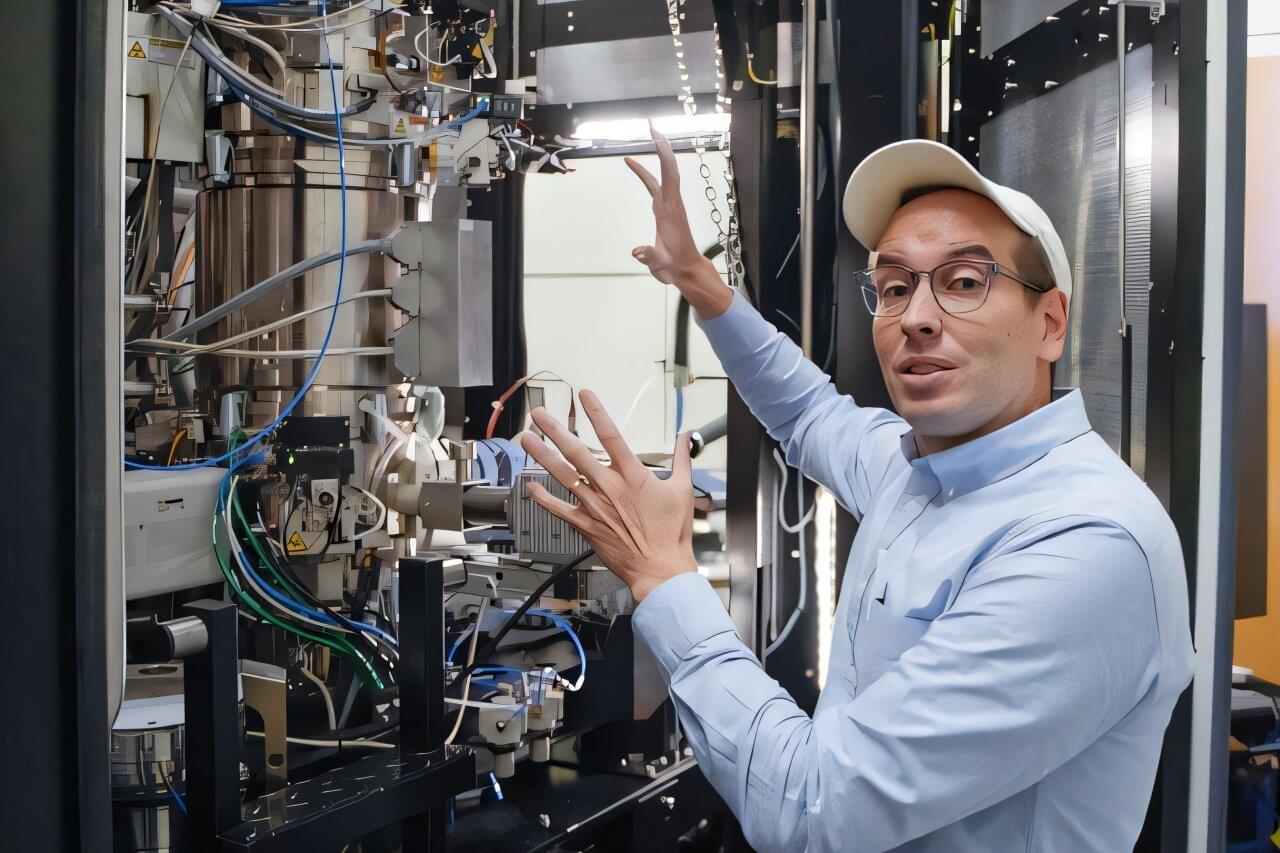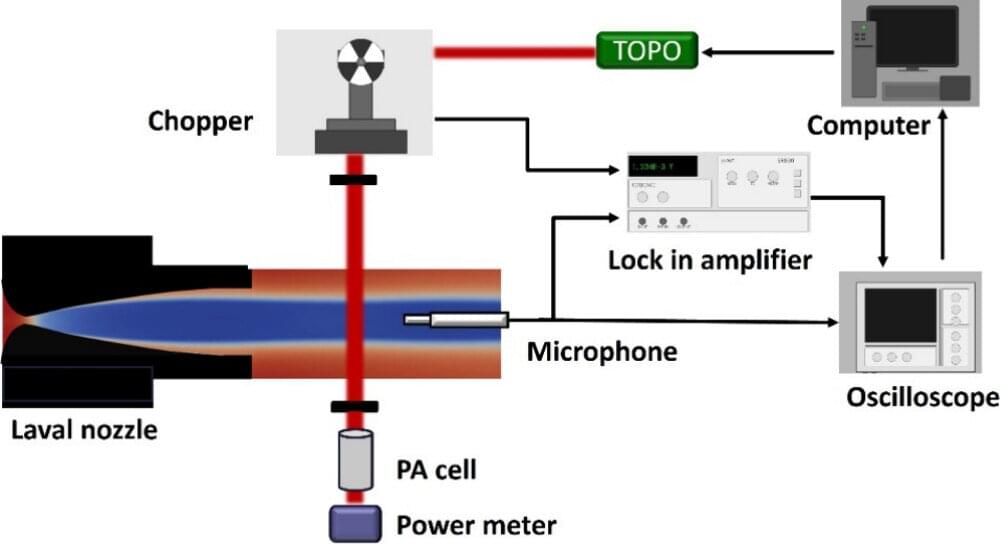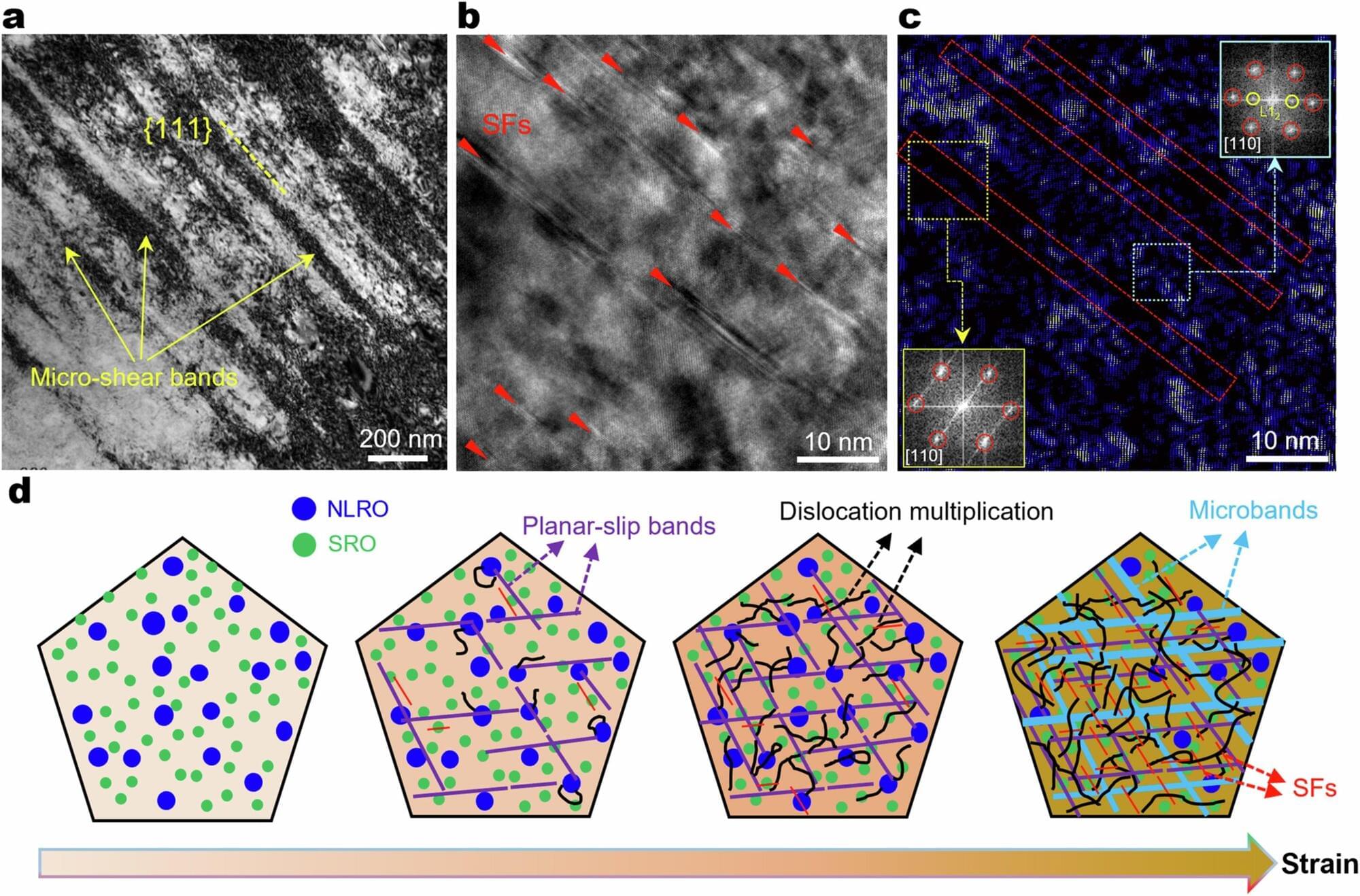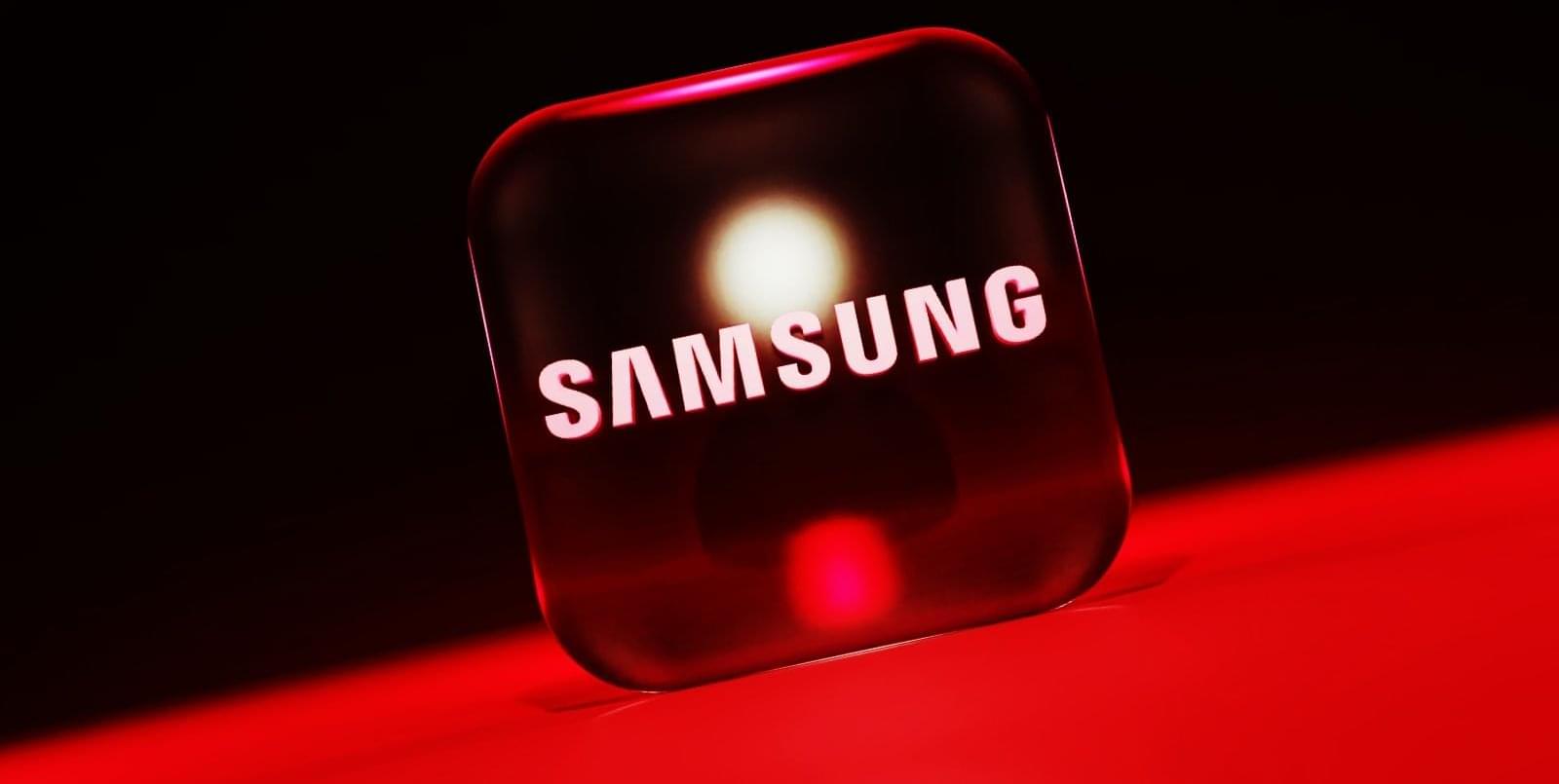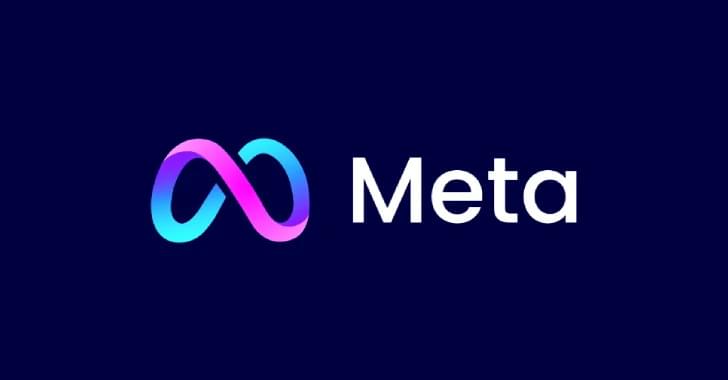A new specimen holder gives scientists more control over ultra-cold temperatures, enabling the study of how materials acquire properties useful in quantum computers.
Scientists can now reliably chill specimens near absolute zero for over 10 hours while taking images resolved to the level of individual atoms with an electron microscope. The new capability comes from a liquid-helium-cooled sample holder designed by a team of scientists and engineers at the University of Michigan and Harvard University.
Conventional instruments can usually maintain such an extreme temperature, about-423 degrees Fahrenheit or 20 degrees above absolute zero, for a few minutes, capping out at a few hours. But longer periods of time are needed to take atomic-resolution images of candidate materials for advanced technologies.
